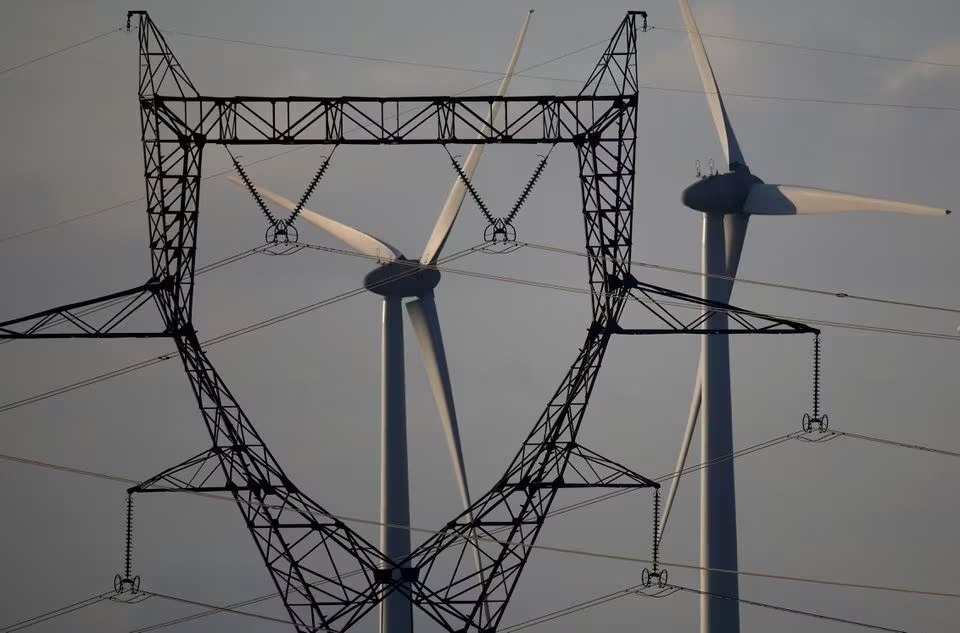The carbon intensity of electricity production across Europe’s largest economies has dropped by nearly a quarter over the past five years, thanks to steep cuts in fossil fuel use for power generation and rapid expansions in renewable electricity output.
Average carbon dioxide emissions per kilowatt hour (KWh) of electricity in Europe’s six largest economies – Germany, France, United Kingdom, Italy, Spain and The Netherlands – was 253 grams through November of 2023, data from electricitymaps.com shows.
That cumulative total is down from more than 330 grams in 2018, and reveals a broad push across key countries to decarbonise power systems as part of efforts to cap overall pollution and slow climate change.
In tonnage terms, the lower carbon intensity of Europe’s six largest power systems has resulted in a decline of 156 million tonnes of carbon dioxide and equivalent gases over the first 11 months of 2023 compared to the same period in 2018, data from think tank Ember shows.
While all major economies have made cuts to carbon intensity in recent years, progress varies greatly due to the different power system set-ups in each country.
France, which has the lowest overall power system carbon footprint due to its high use of nuclear power, emitted less than 15 million tonnes of CO2 through November.
The country’s carbon intensity in 2023 averaged 44 grams of CO2 per KWh, which is down by 15.2% from 2018’s levels and by more than 38% from the average in 2022, when curtailed nuclear reactor output forced French utilities to burn record volumes of natural gas to generate electricity.
Source : Reuters


